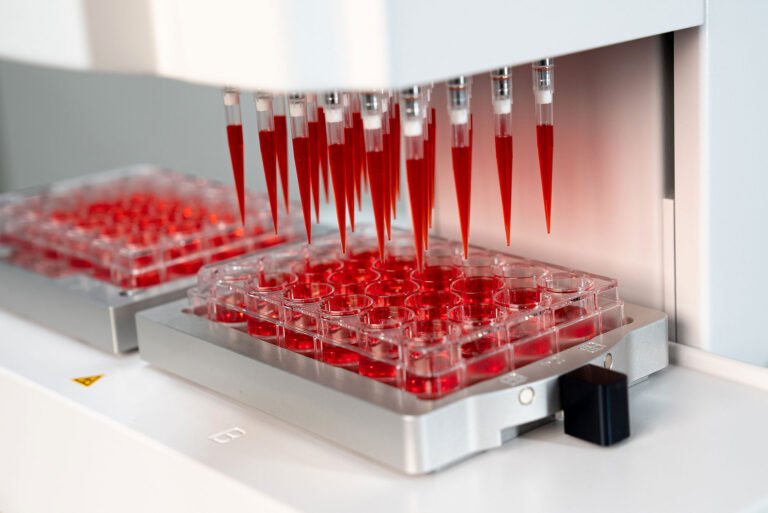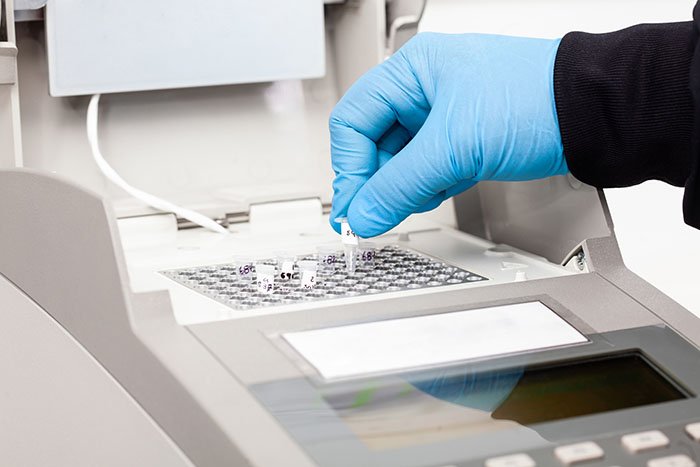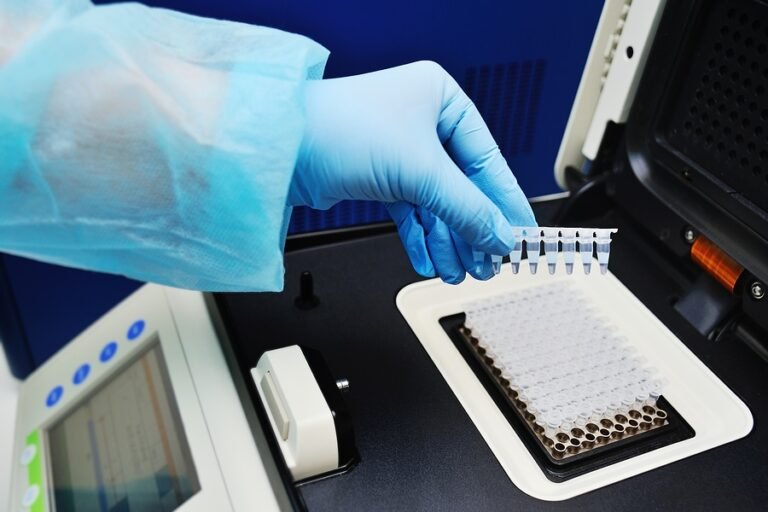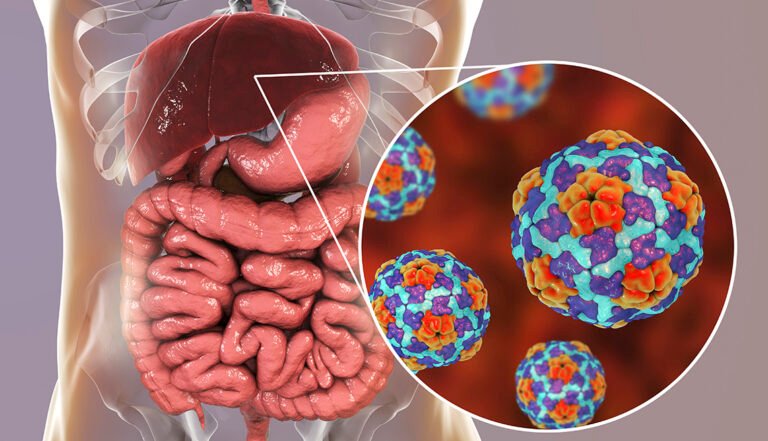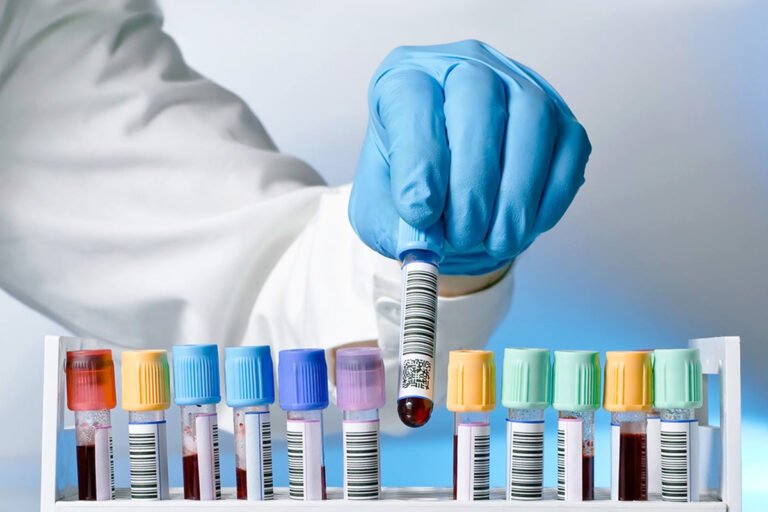RIA-Based Technology in Healthcare Diagnostics
Introduction In the ever-evolving world of medical diagnostics, precision and sensitivity are key to accurate disease detection. One of the pioneering techniques in laboratory medicine is Radioimmunoassay (RIA), a highly sensitive method used to measure minute concentrations of antigens, hormones, and other biological markers in blood and other body fluids. Even though newer technologies have…

